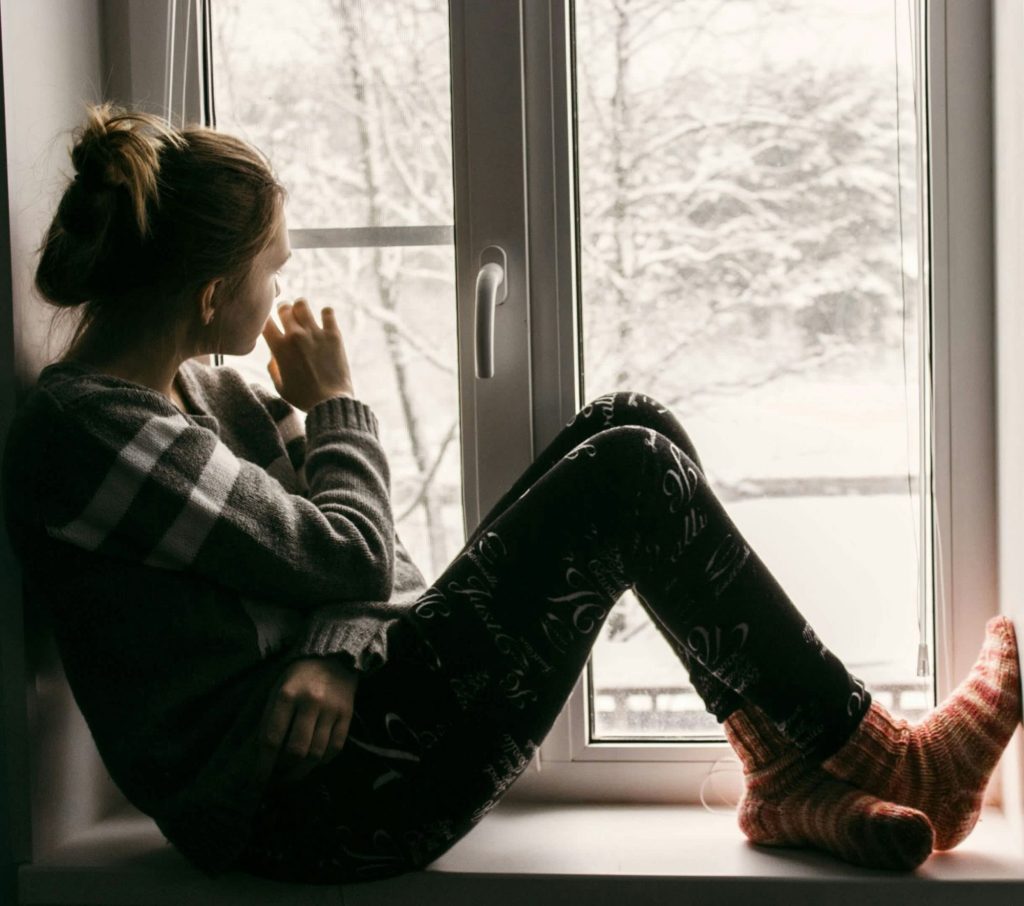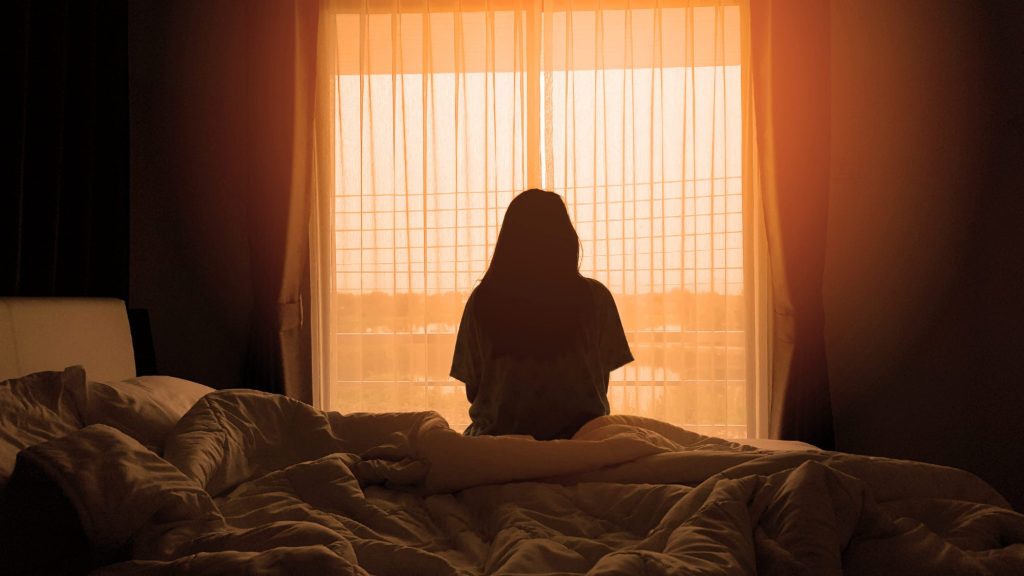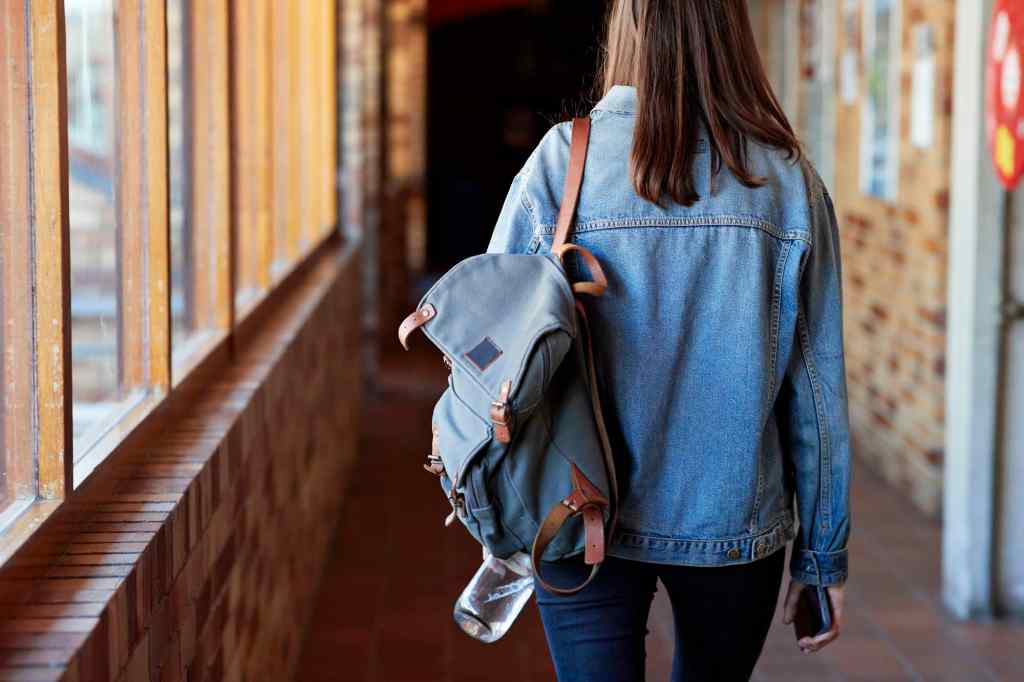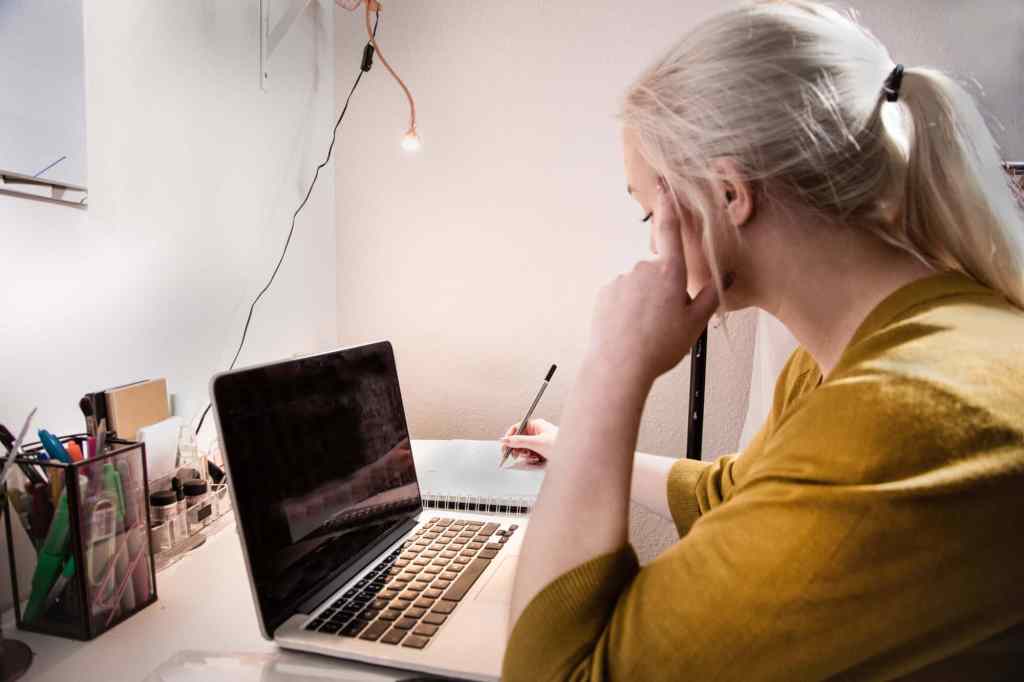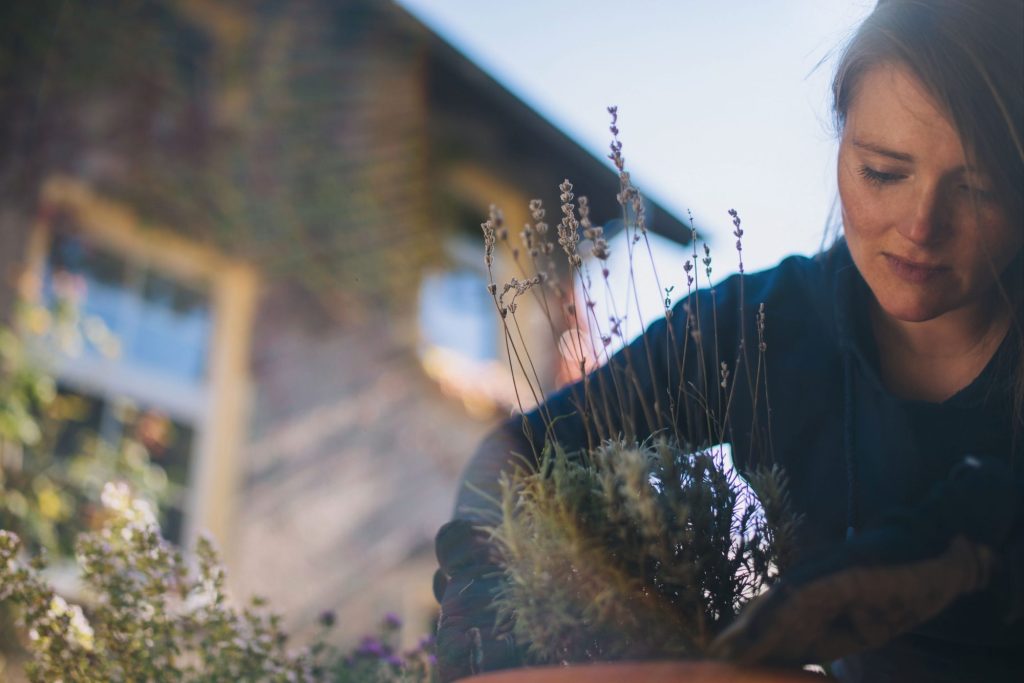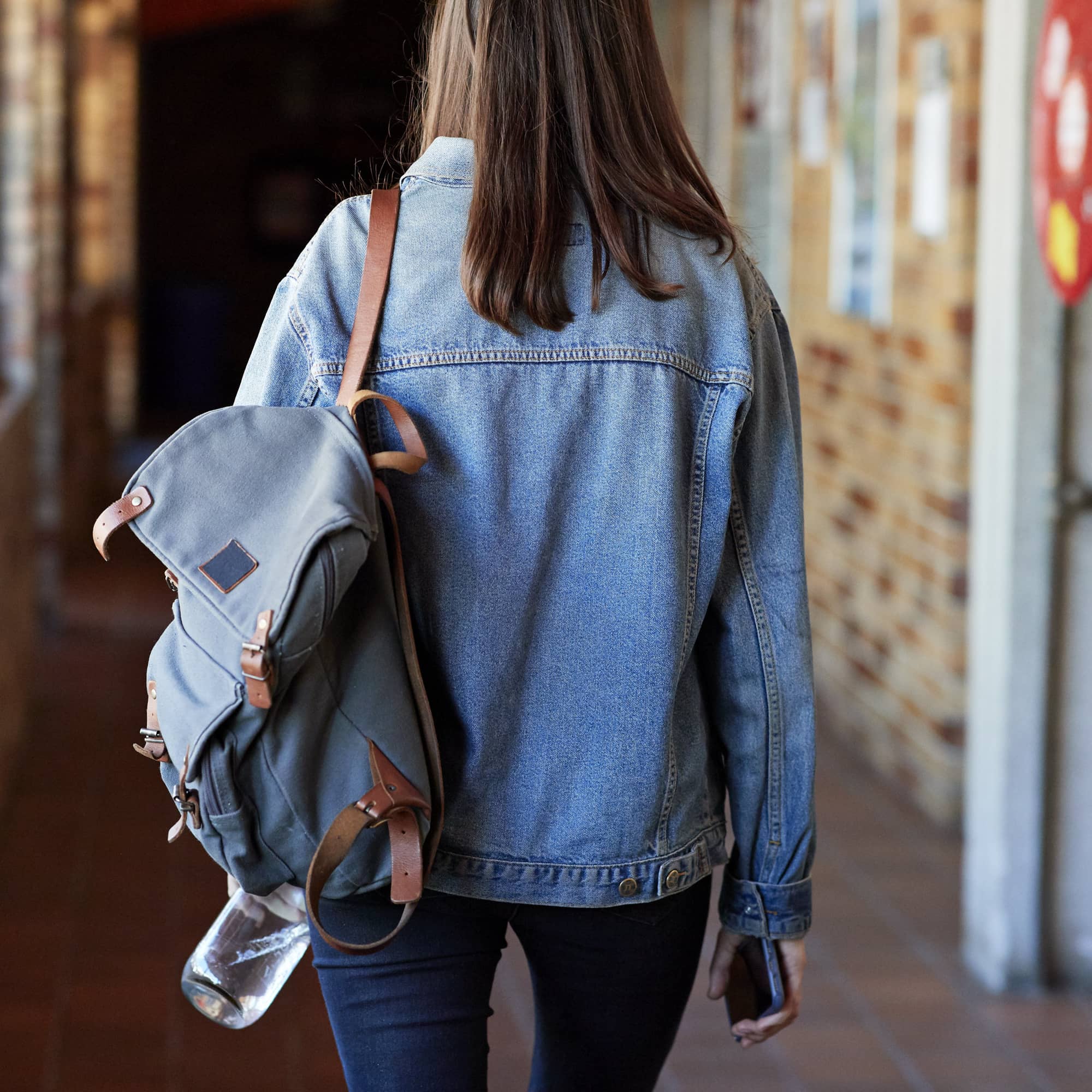
- POPSUGAR Australia
- Fitness
- Here's How 4 College Students Say They Are Managing Their Mental Health Amid COVID-19
Here's How 4 College Students Say They Are Managing Their Mental Health Amid COVID-19

The novel coronavirus pandemic shook the world – and it’s still shaking the world. In the US alone, we’ve hit the 100,000 death mark and 1 million cases across the country. As some states are beginning to open up in the initial aftermath (though a second wave is in the conversation), our mental health has also been taken for a terrifying ride.
The coronavirus has caused fear and being at home for long periods of time often results in anxiety and stress; it can exasperate a mental illness that someone already experiences. However, for college students in particular, their lives were altered in an unprecedented way. With schools shut down, many students moved back home, away from their lecture halls, friends, and peers. Classes transitioned to online learning. Depending on the university, campus life may not even reopen in the fall. And, most notably, college seniors have had to miss out on traditional graduations. It’s a big ball of unknowns and uncertainties.
Related: Even If College Is Open in the Fall, I'm Not Sure I Want to Go
It is this feeling of uncertainty and the unknown that is difficult for people in general to grapple with, practicing psychiatrist Frank Chen, MD, chief medical officer at Houston Behavioral Healthcare Hospital and Houston Adult Psychiatry, told POPSUGAR. Completing tasks could become harder and students might believe that they aren’t going to achieve, he said, noting that though they haven’t “failed,” per se, the epidemic, in a sense, is “a great training for a lot them to learn how to deal with perceived failures” and how to adapt to find purpose.
College students, Dr. Chen added, often make their own structure, and being “yanked from this environment where you have autonomy” and feeling like you’re not in control of situations can be unsettling. Gravitating back to a time when you lived at home can also present itself as an adjustment. Psychologist Sherry Benton, PhD, agreed, saying it’s in no way comparable to returning for spring break or the summer. “It’s moving home in the middle of a pandemic crisis where your extended family is just as affected as you are,” she said.
Dr. Benton is the founder and chief science officer of TAO Connect, an online educational and therapy service for colleges, and she worked for about 25 years in student counseling. The novel coronavirus, she said, acts as a rug being pulled out from underneath us, students included. “When you lose that sense of safety and security, all kinds of things like anxiety, depression, and trauma reactions are likely to increase,” she told POPSUGAR. So, there’s no question, she said: if you have a history of mental illness, the stressors this pandemic presents can have more of an effect on you.
Ahead, we asked four different college students how they have been able to manage their mental health during this time. To each their own, but we hope you take this insight and try to work out whatever you’re going through personally. Also ahead, we’ve including advice from Dr. Chen and Dr. Benton on how to cope.
Related: 14 Young Women on Why They Chose to Seek Therapy and What They Learned From It
Kerry Callaghan, 22, Graduating Senior at University of Maryland, College Park
Callaghan said that after remote learning was announced through April, her school extended that through the rest of the semester, and she moved back into her parent’s house. “As a senior, I feel like I am in a really strange position knowing that I will probably never get closure or get to say goodbye to my professors, friends, and classmates,” she told POPSUGAR. “It is crazy to think I unknowingly had my ‘lasts’ as a student.” So far, she noted, her graduation has been moved online with options to attend a football game in the fall or walk in a ceremony happening this December.
Callaghan said she has anxiety and depression and that, as for her mental health during the pandemic specifically, there have been good days and bad days. “It’s unsettling to be graduating during a pandemic due to the lack of job opportunities,” she explained. “It is scary trying to make these huge life decisions with such uncertainty moving forward.”
To cope, Callaghan has been staying organized by making her bed and doing her normal morning routine “even if it is just changing into a different pair of sweats.” (We can definitely relate.) She goes on walks or runs, does five to 10 minutes of yoga or stretching in the morning, has social distancing happy hours with neighbors, FaceTimes with friends and family, and tries out new recipes. (How about some sheet pan protein pancakes?)
Casey Clark, 20, Rising Senior at Hofstra University
Clark told POPSUGAR that she’s dealt with mental illness for the majority of her life. “I don’t remember a time when I wasn’t anxious,” she said. “As a child, I would beg my parents not to go to school or do extracurricular activities because the thought of judgment was so anxiety-provoking. The anxiety has never left, and I still have generalized anxiety disorder to this day.” She also has depression, OCD, and trichotillomania, a hair-pulling disorder.
Clark had to move back home and said she found that she prefers online learning because she likes doing work at her own pace. The fact that her mom is an essential worker at a hospital in NYC, she said, worsens her anxiety about COVID-19. The pandemic also stirs up grief from when her grandfather passed away three years ago. “Knowing that older populations are at extremely high risk makes me very emotional,” she said.
Being home, though, has somewhat stabilized Clark’s anxiety at the same time because she feels as though she doesn’t have to worry about going to classes. “As someone who is more of an introvert, being alone is preferable,” she explained. She’s also been focusing on personal and career development. Here are some mental-health-managing tools she’s found useful:
- Exercise: working out at least three times a week makes it easier for her to get acquainted with being back home because that’s what she would do at school.
- Therapy: Clark talks to three therapists a week. “It allows me to vent to people who won’t judge me and can provide some insight into my condition and how I can go about better managing it,” she said.
- Making a to-do list: she usually types out a list in the beginning of the week, and crossing things off of that list keeps her feeling accomplished.
- Watching TV, specifically RuPaul’s Drag Race: Watching that show in particular allows her to “escape from the problems of everyday life,” and it’s a distraction that provides joy to get through this difficult time.
Amber Raiken, 22, Graduating Senior at Ithaca College
Raiken said she’s has issues with anxiety and panic attacks in the past, and being home has made her feel less anxious consistently. However, she’ll experience burst of anxiety over what she classifies as “little things.” For example, she explained that one night she was making dinner and she felt like she got “extremely anxious for no real reason. . . . I just kept pacing back and forth and moving things around in the kitchen – things that I didn’t need and wasn’t even using.”
Raiken also struggles with unhealthy eating behaviors. “I do have an eating disorder. It isn’t a critical one, but it is one where I skip meals frequently and have body image issues,” she said. And, being home due to COVID-19 hasn’t helped. “For about two weeks, my first meal of the day would be at 6 p.m., which is when I had dinner with my family,” she told POPSUGAR.
To cope during this time, Raiken said she goes on walks or drives by herself and talks with loved ones over FaceTime. Having a video call with her best friend while doing homework keeps them both motivated. She acknowledged that one problem she does have is speaking about her mental health, but she likes to spend more time doing the few things that help her as opposed to discussing it, she said.
Kate Kennedy Farrell, 18, Rising Sophomore at Simmons University
Kennedy Farrell told POPSUGAR that moving back home from Boston has had a large impact on her social and academic connections. Specifically, “COVID-19 has limited the internships and resume building jobs that I can take,” she explained. “As a college student with a busy schedule, being surrounded and supported by others going through similar struggles is vital to making [me] feel motivated.” But, she feels as though she has lost that sense of physical support.
Kennedy Farrell said that the pandemic has had a negative effect on her mental health and that these are some of the ways she copes:
- Video calls: these keep her connected to family and friends.
- Social media: she uses TikTok and other platforms to meet new people and connect with other young adults.
- Sticking to a routine: she gets eight to nine hours of sleep, works out, and eats healthy.
- Self-reflection: she uses this experience to reflect on herself and her values. “It is a great time to connect with yourself,” she said.
Advice From Dr. Chen and Dr. Benton: Seek Online Therapy
Both Dr. Chen and Dr. Benton recommend seeking help online if students are feeling overwhelmed. Traditionally, students would be able to access a college counseling center, so they should see if their schools are offering virtual services during this time. If not, there are plenty of online resources to check out. We’ve rounded up free mental health services offered amid the COVID-19 pandemic. Not all of them are considered therapy, but you can also check out how to sign up for teletherapy with a licensed professional here.
Dr. Benton said that she’s already seen an increase in teletherapy being offered by her company’s platform. “My company provides video conferencing and mental health tools to 180 schools. And we’ve gone from about 60,000 minutes of online therapy a month to 3 million minutes of online therapy a month,” she said. Online therapy increases access, and that’s especially the case during this time, so both experts agreed that getting the guidance you need is both accessible and important right now.
Advice From Dr. Benton: Do What Makes You Feel Productive and Good
While some people might be at home catastrophizing during this time, Dr. Benton said that one way to cope is to do activities that you enjoy and make you feel productive. That could include, she offered, exercising outside, gardening, helping out their neighbors who might not be able to get to the grocery store, making masks, or baking. “It doesn’t matter what it is, as long as it works for you,” she said. Here’s a list of ways you can be productive while at home.
Advice From Dr. Benton: Stay Up-to-Date With Your School
Every college is different, Dr. Benton noted. If your college is in an area that still has a high infection level, they will want to be “way more conservative,” she said. Keep tabs on what your school is recommending moving forward, and remember to practice social distancing and follow the guidelines set out for you where you live.



